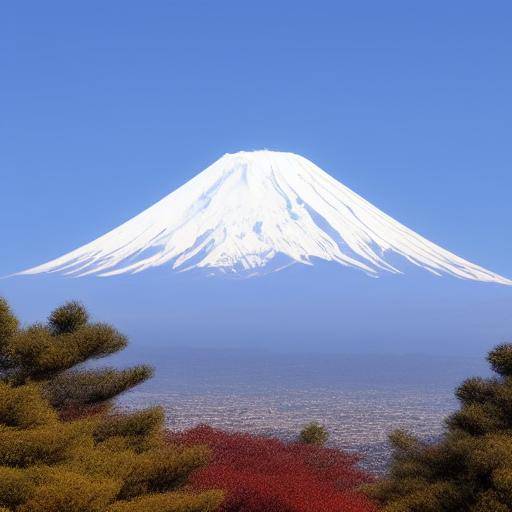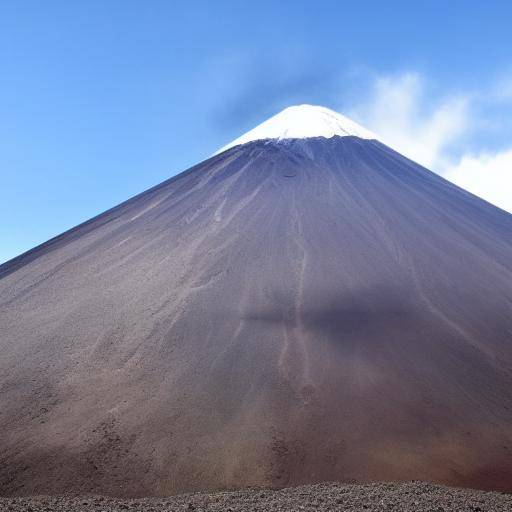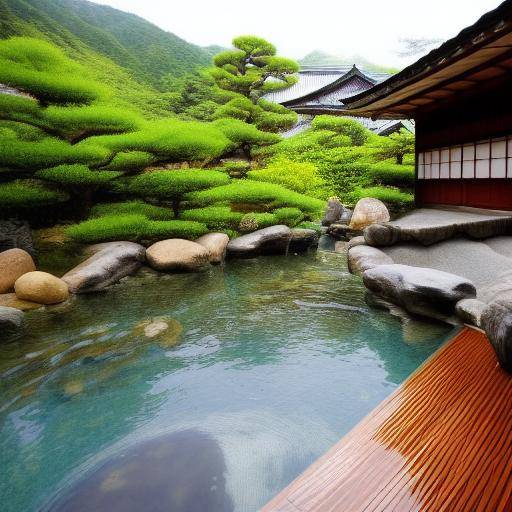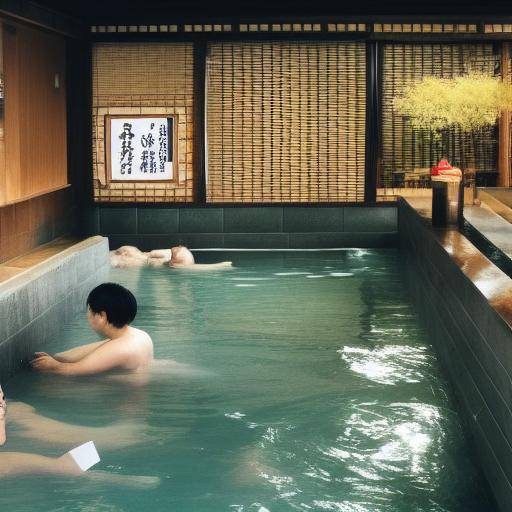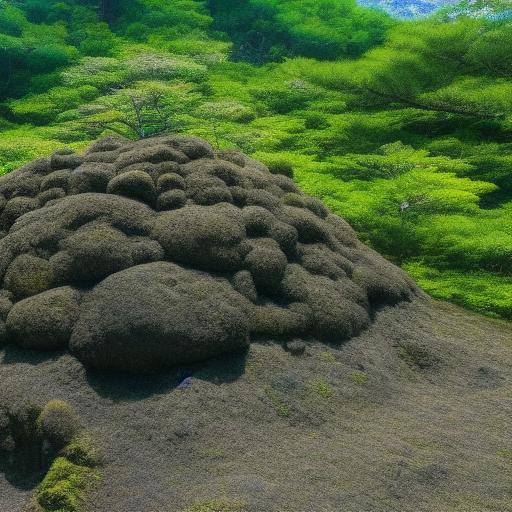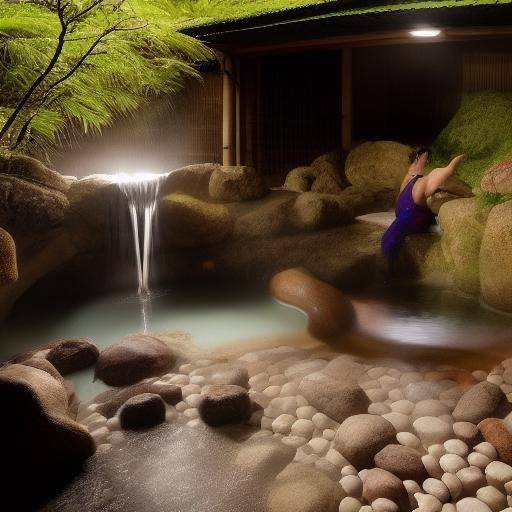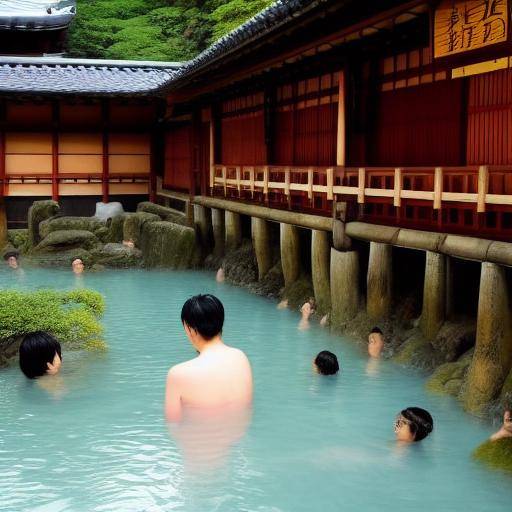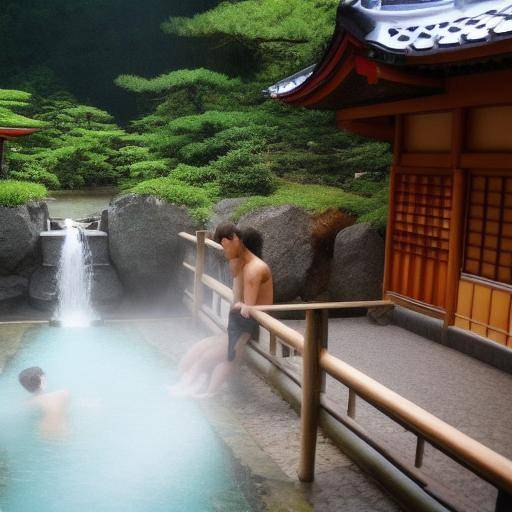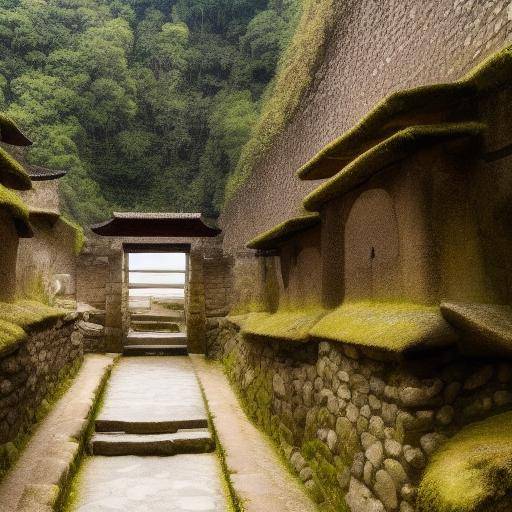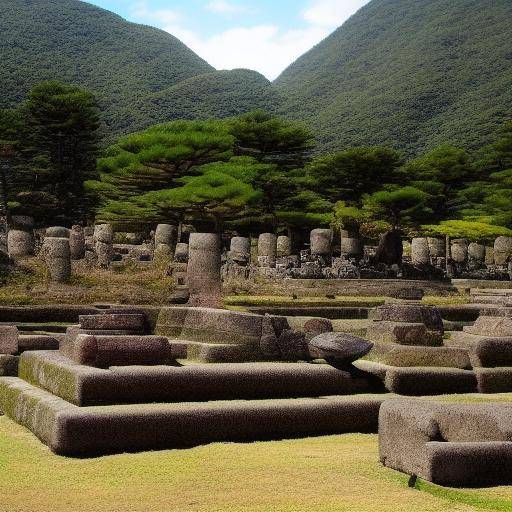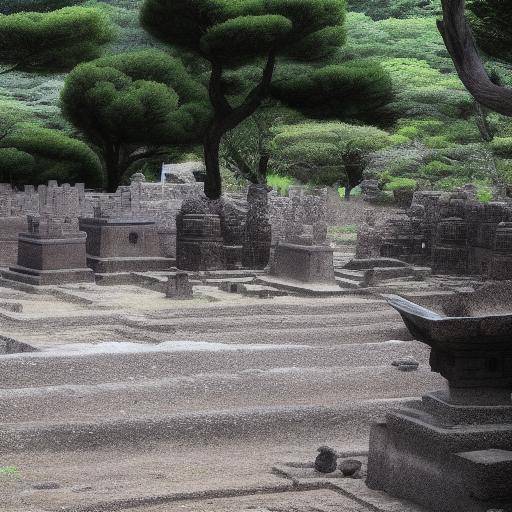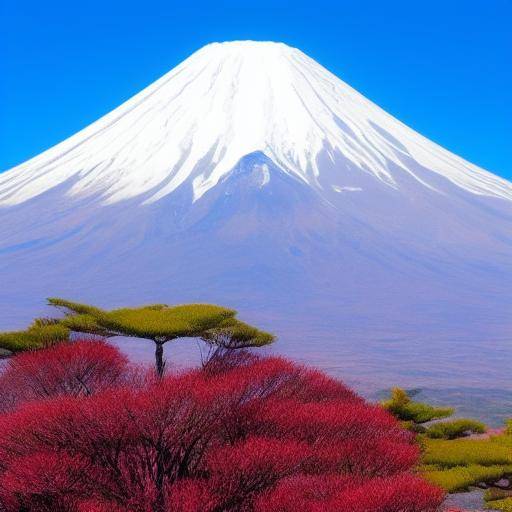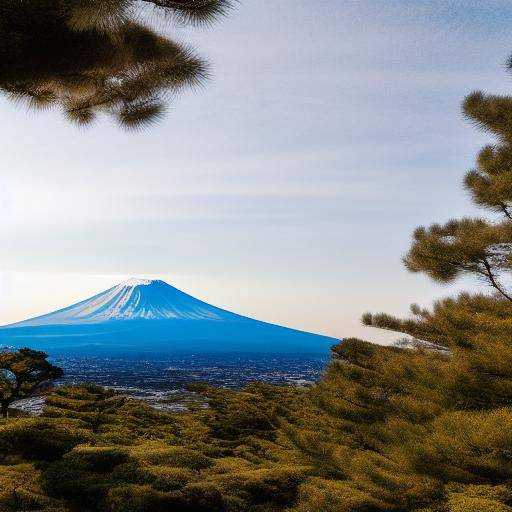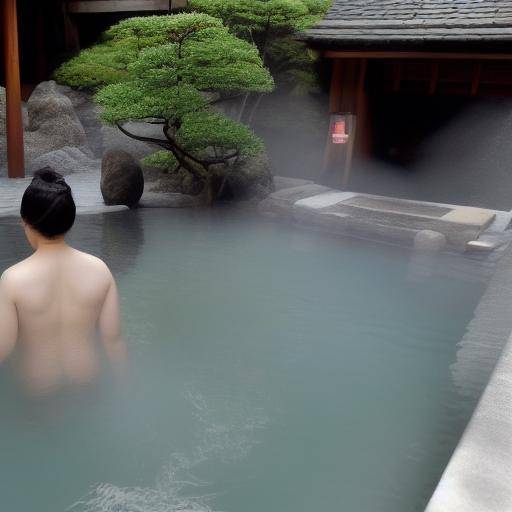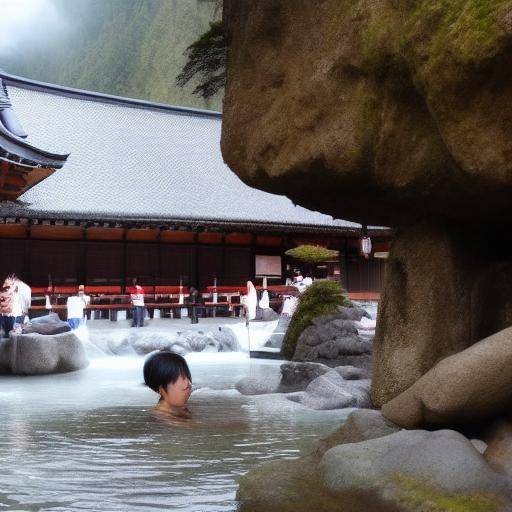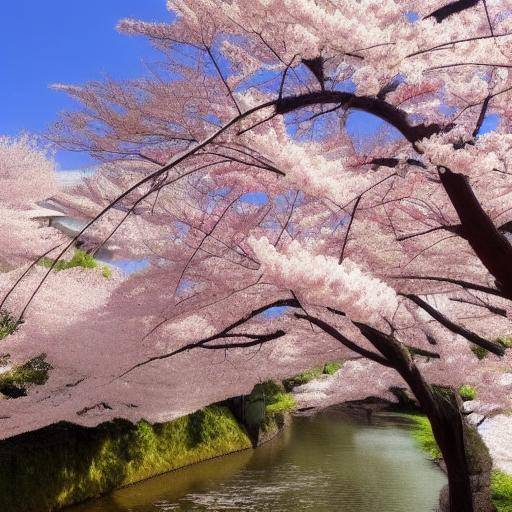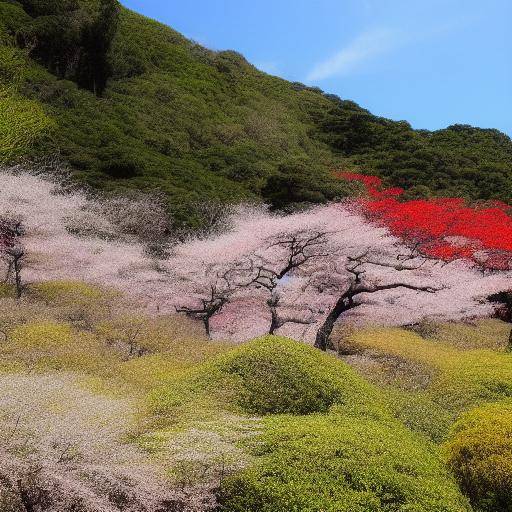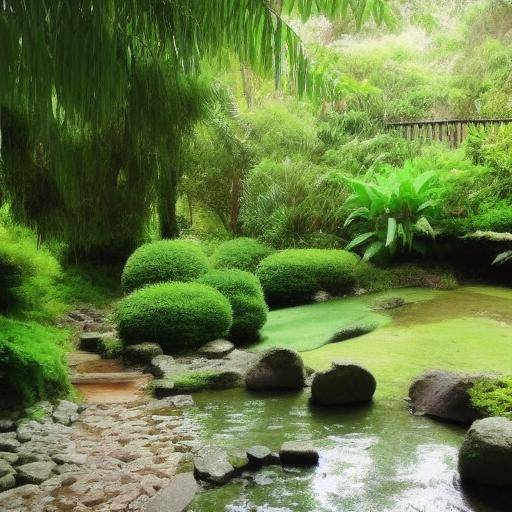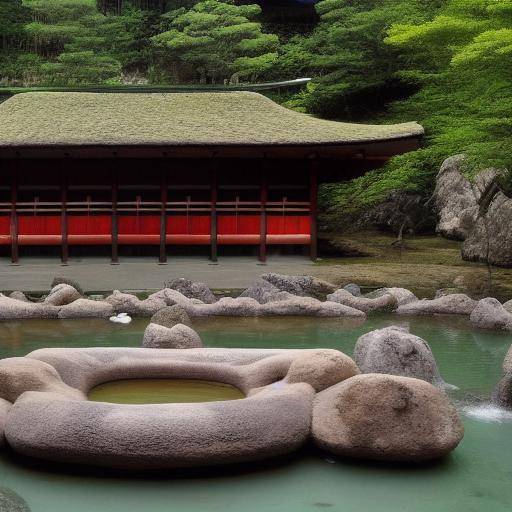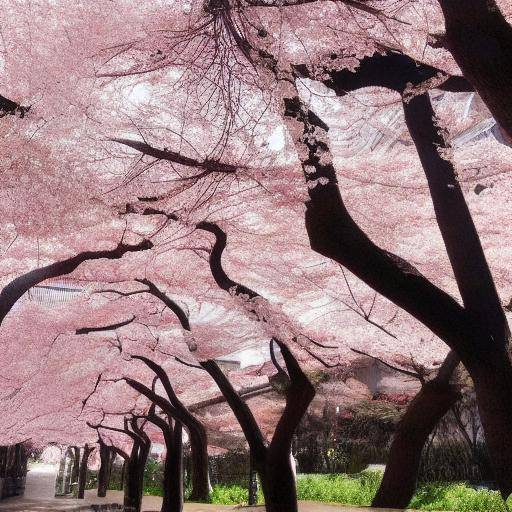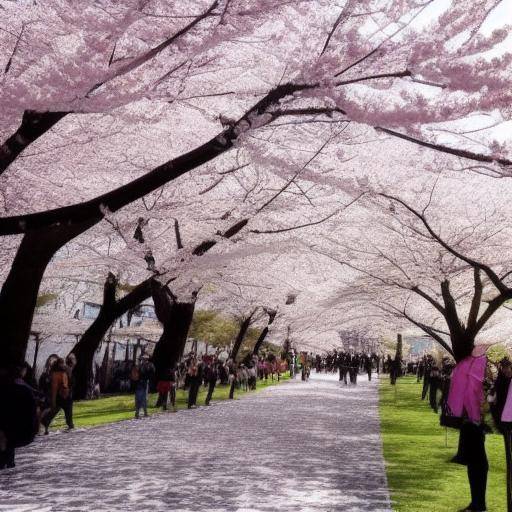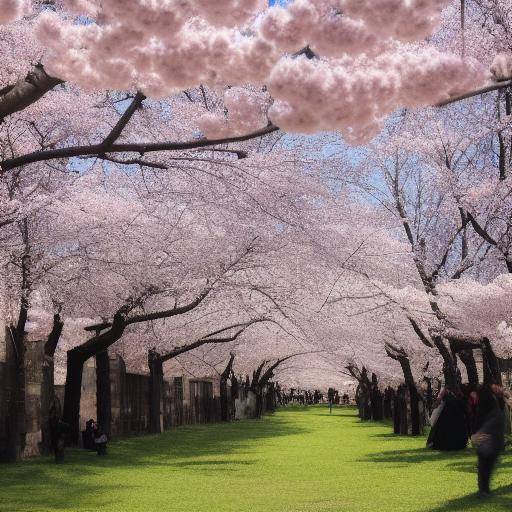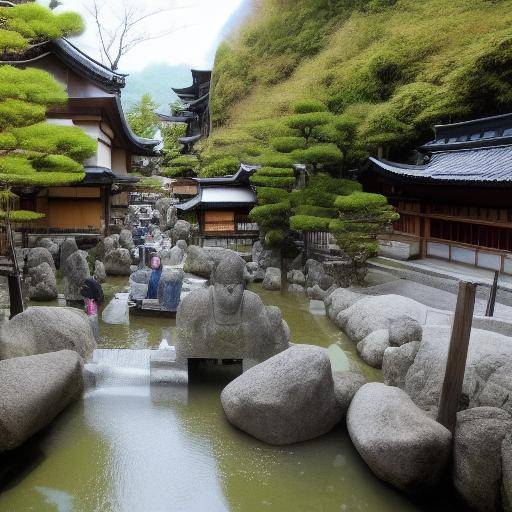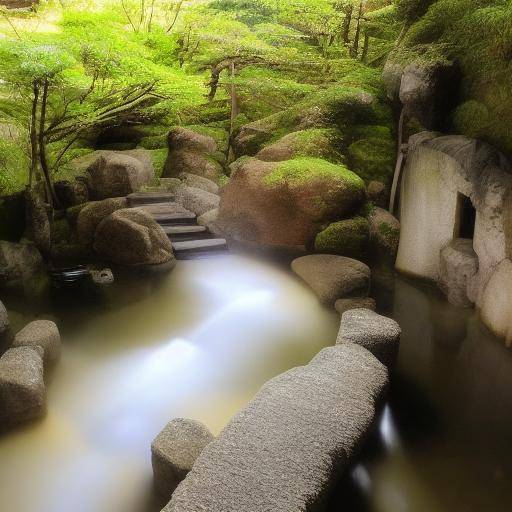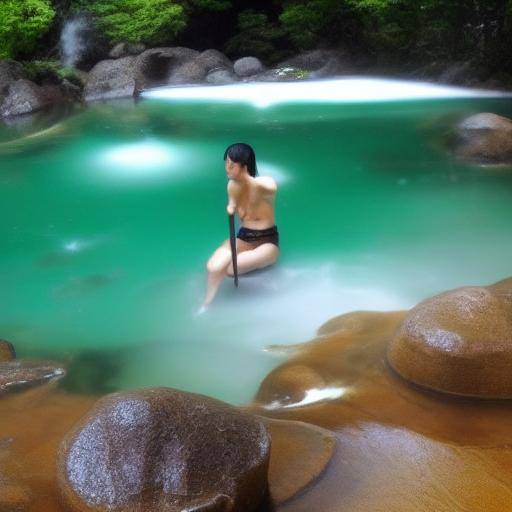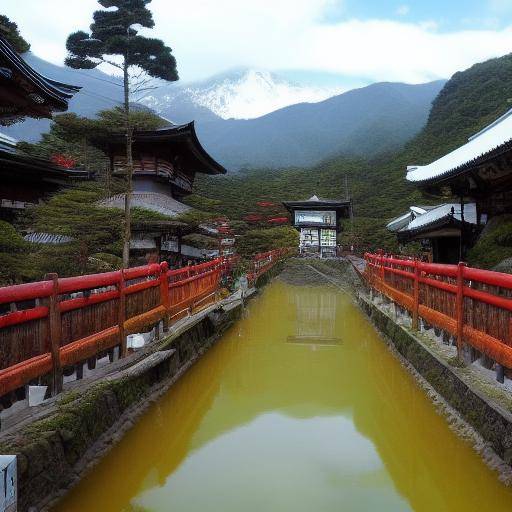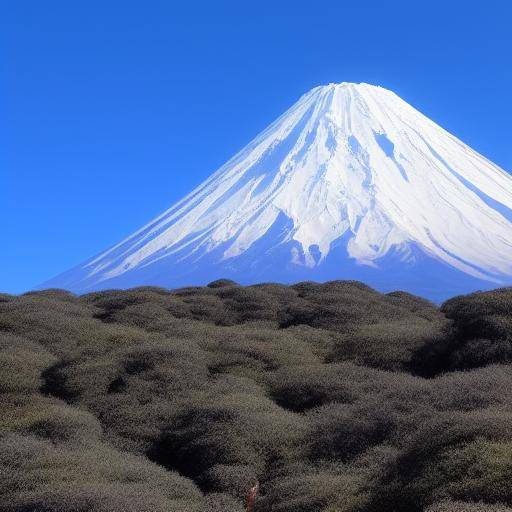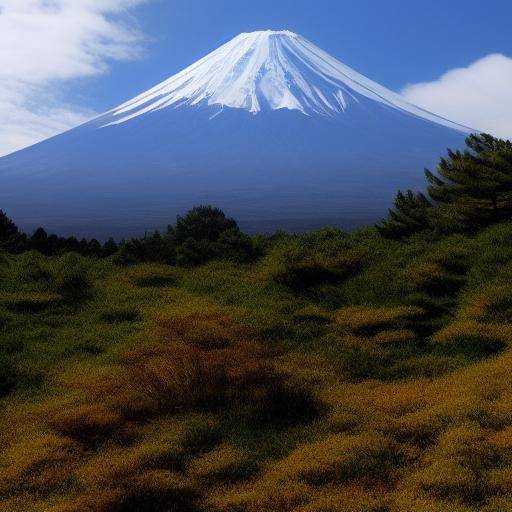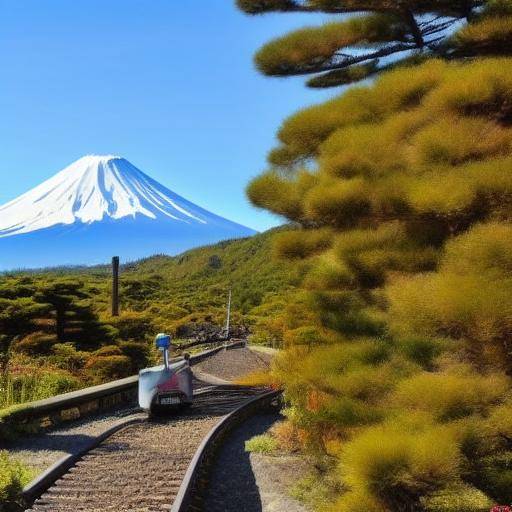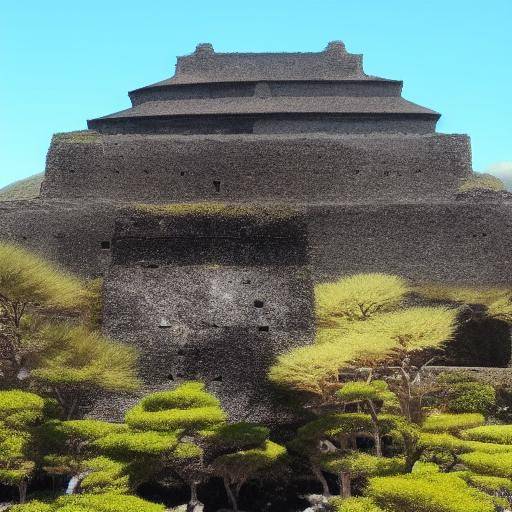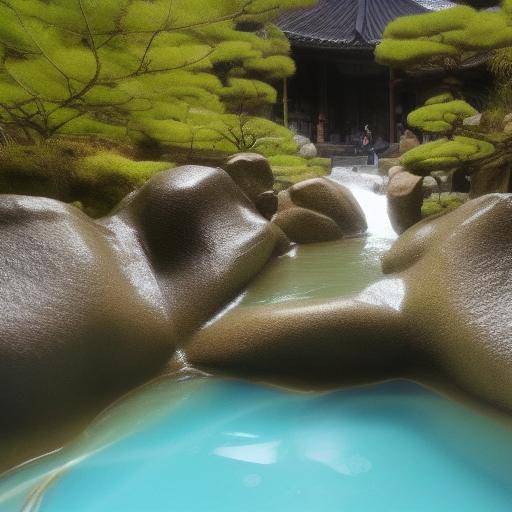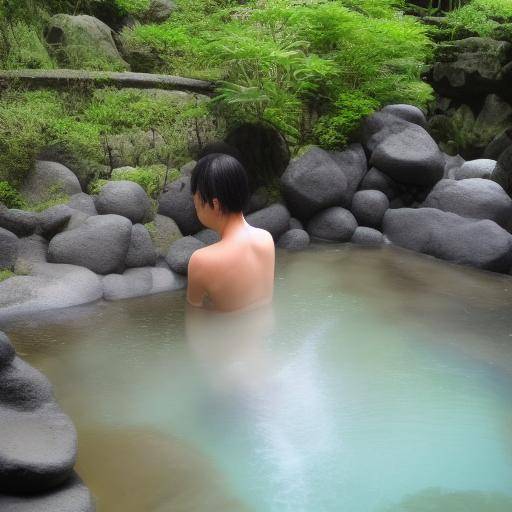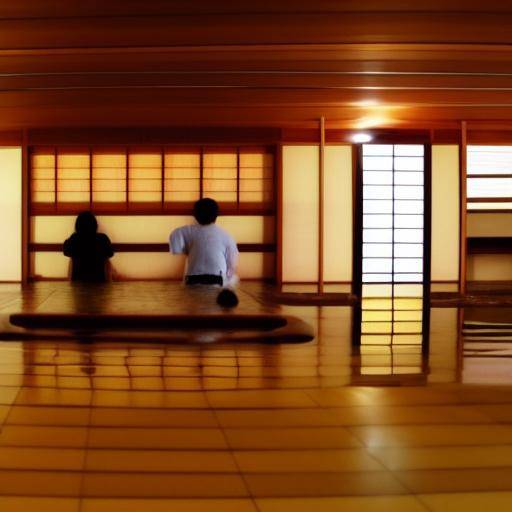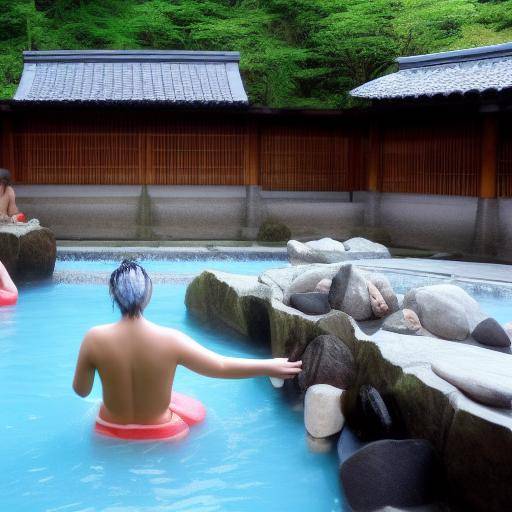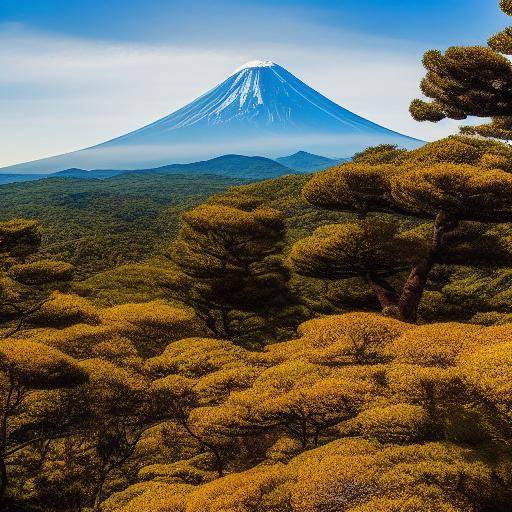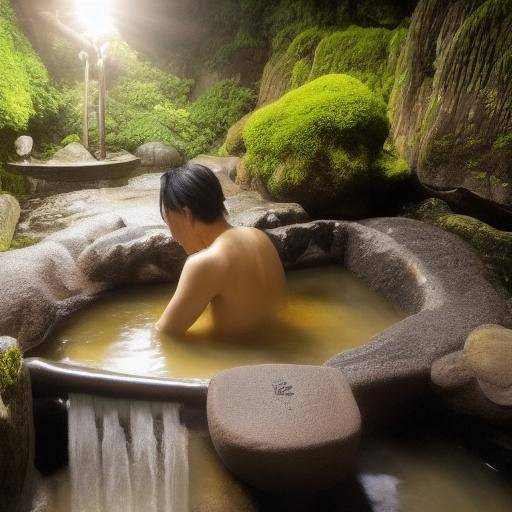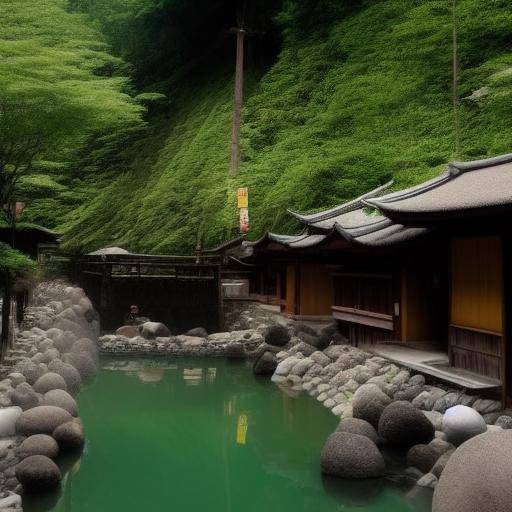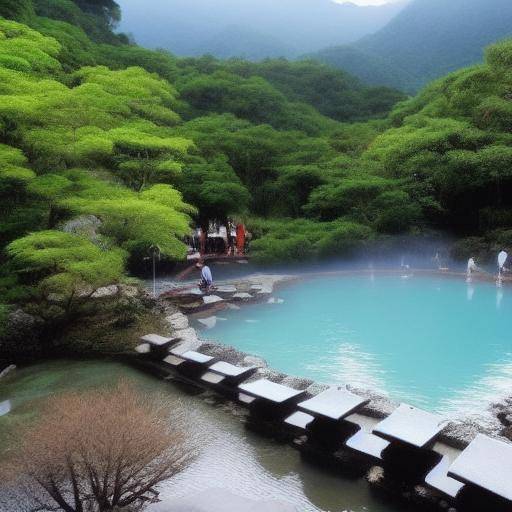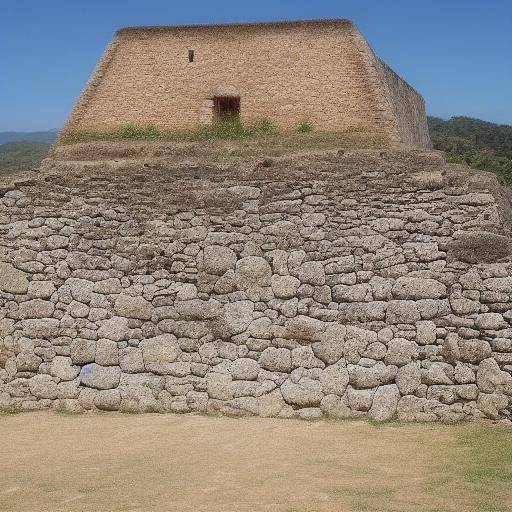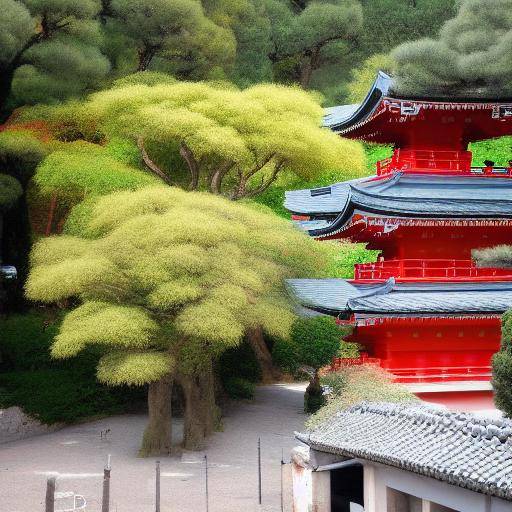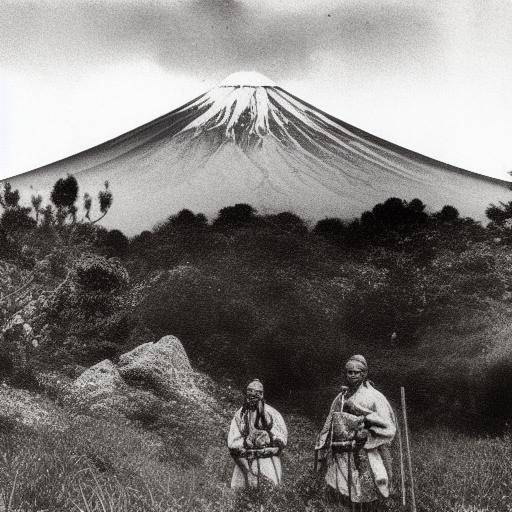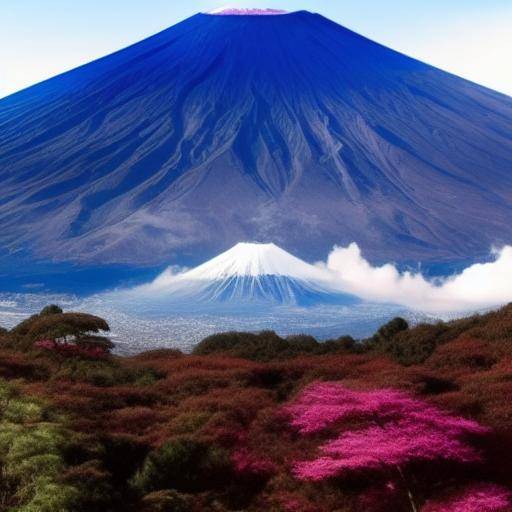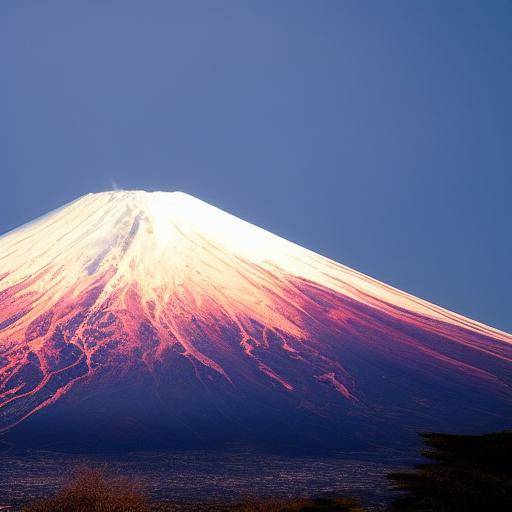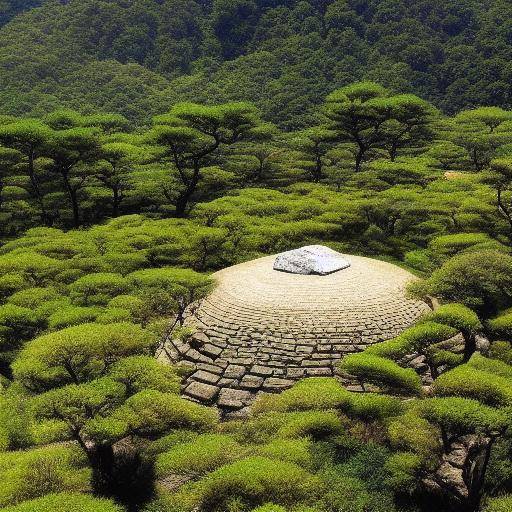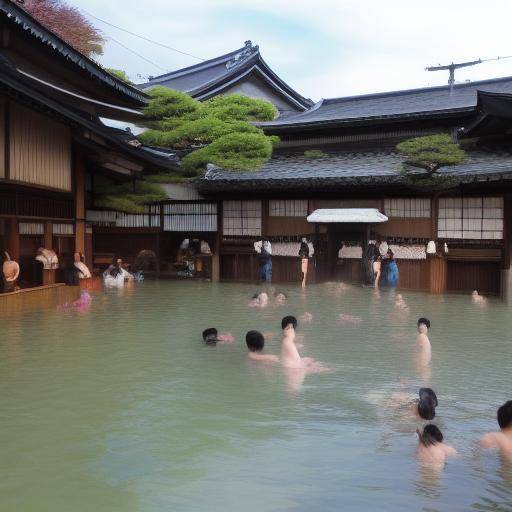
The Japanese onsen represent a unique blend of relaxation, culture and tradition in Japan. Dipping into these geothermal thermal waters not only offers therapeutic benefits for the body, but also an enriching experience that connects us with Japanese customs and history. From its origins to the practical tips to enjoy this experience, this comprehensive guide will immerse you in the fascinating world of Japanese onsen, exploring its connection to Japan's culture and natural beauty.
Introduction
The onsen, a Japanese word referring to natural thermal waters, have played an integral role in Japanese life for centuries. They are not only places for relaxation and restoration, but also play an important role in Japan's culture and traditions. In this guide, we will explore the rich history and traditions of the onsen, the therapeutic benefits of plunging into these mineral waters, the cultural aspects surrounding them and practical advices to maximize this unique experience.
History and Background
The onsen have a rich and deeply rooted history in Japanese culture. It is believed that the first natural thermal waters were discovered more than 3,000 years ago in Japan, and since then the onsen have played a crucial role in Japanese society. During the Edo period, the onsen became popular destinations for rest and relaxation, and over time they were integrated into the daily lives of the Japanese.
The evolution of the onsen over the centuries has been marked by significant developments, both in its infrastructure and in its cultural value. The traditional onsen, known as "onsen ryokan", are famous for their focus on hospitality, relaxation and connection with nature. Today, the onsen remain an integral part of Japanese life, attracting both national and international tourists in search of a rejuvenating and culturally enriching experience.
Relevant Data:
- Historical Origins: The onsen have their roots in Japanese culture for millennia, being a crucial element in everyday life and the health of the population.
- Significant developments: Over the centuries, the onsen have experienced significant changes in their cultural perception and infrastructure.
- Influence in Tourism: The onsen have been an important engine for tourism in Japan, attracting visitors from around the world in search of their therapeutic benefits and the wealth of their culture.
Deep analysis
The therapeutic benefits of onsen go beyond physical relaxation. Japanese hot springs are known for their rich minerals that provide relief for a wide range of ailments, from muscle aches to skin problems. In addition, plunging into an onsen also offers mental health benefits, helping to relieve stress and promote tranquility.
Beyond their therapeutic benefits, onsen also provide a unique cultural dimension to experience. From the traditional label and clothing to purification practices before diving into the thermal waters, each aspect of the visit to an onsen is intrinsically linked to Japan's history and traditions.
Therapeutic Benefits:
- Physical Health: Onsen mineral waters have therapeutic properties that relieve muscle pains, joints and contribute to the health of the skin.
- Mental well-being: Dipping into an onsen provides a sense of calm and tranquility, reducing stress and promoting relaxation.
- Cultural aspects: Experience in an onsen offers an immersion in Japanese traditions, from clothing and label to purification practices.
Comprehensive review
The onsen are not only places of rest and restoration, but they also play a significant role in promoting tourism in Japan. The "onsen towns", or thermal water villages, have evolved to offer a wide range of experiences that go beyond the thermal bath, including local gastronomy, crafts and unique tourist attractions.
The onsen industry has also experienced significant changes in recent decades, incorporating innovations in the architecture and design of facilities to adapt to the current demands of visitors. Furthermore, sustainability and the preservation of natural resources have become a fundamental approach to ensuring that future generations can enjoy the beauty and benefits of onsen.
Tourism and Development:
- Promotion of Tourism: The onsen have contributed significantly to the promotion of tourism in Japan, attracting visitors interested in their therapeutic benefits and the wealth of their culture.
- Experiences in "Onsen Towns": The thermal water villages not only offer thermal baths, but a variety of experiences such as local cuisine, crafts and tourist attractions.
- Sustainability: Emphasis has been placed on the sustainability and preservation of natural resources to ensure the perpetuity of onsen for future generations.
Comparative analysis
By comparing Japanese onsen with the natural spas of other parts of the world, significant differences are highlighted in terms of focus, traditions and experiences for visitors. While natural spas tend to focus on relaxation and well-being, Japanese onsen incorporate a rich cultural heritage dating back centuries, offering a more holistic experience that goes beyond the therapeutic benefits of thermal waters.
Variances and Similarities:
- Cultural Approach: The Japanese onsen are closely linked to Japan's culture and history, offering a more enriching experience from a cultural perspective.
- Holistic experiences: While natural spas tend to focus on physical and mental well-being, Japanese onsen add a cultural dimension that enriches the experience.
Practical Tips and Recommendations
To fully enjoy the experience of an onsen, it is important to know the norms of label and cultural practices that surround it. From the moment of arrival to the time of diving into the thermal waters, following these guidelines will guarantee a rewarding and respectful experience for both the visitor and the local community. In addition, knowing the diversity of onsen available throughout Japan allows visitors to explore a wide range of natural and cultural environments.
Guidelines and Recommendations:
- Label and Rules: Familiarize yourself with the label and cultural practices associated with the onsen before visiting one.
- Diversity of experiences: Explore the wide range of onsen available throughout Japan to enjoy diverse natural and cultural environments.
Perceptions of Experts and Future Trends
Experts in the well-being and tourism industry see a promising future for Japanese onsen, with a growing focus on sustainability, the diversification of the experiences offered and greater accessibility for international visitors. In addition, the integration of innovative technologies into the onsen infrastructure is expected to provide new opportunities to improve the experience of visitors and ensure their continuity.
Future predictions and trends:
- Sustainability and Diversification: An increasing focus is expected on the sustainability and diversification of the experiences offered in Japanese onsen.
- Accessibility for International Visitors: Increased accessibility and promotion of onsen for international visitors is envisaged.
- Technological Innovation: The integration of innovative technologies into the onsen infrastructure will provide new opportunities to improve the experience of visitors.
Conclusions and FAQs
Conclusions
The Japanese onsen world offers a rich combination of relaxation, tradition and culture, which continues to captivate national and international visitors alike. From its historical origins to future trends, the experience in an onsen is much more than a simple thermal bath, offering therapeutic benefits, a cultural immersion and a connection to Japan's natural beauty.
Frequently asked questions
What are the therapeutic benefits of Japanese onsen?
Onsen offer therapeutic benefits for physical and mental health, including relief for muscle aches, stress and benefiting the skin.
What is the right tag when visiting an onsen?
It is important to follow the established label rules, which include showering before entering the onsen, do not immerse the towel in the water and respect the silence.
What's the difference to Japanese onsen from natural spas in other parts of the world?
The rich cultural heritage that surrounds the Japanese onsen distinguishes them from the natural spas, offering a more enriching experience.
Are the onsen available for international visitors?
Yes, many onsen are open to international visitors, and some even offer adapted services to meet the needs of foreign visitors.
What are the future trends for the Japanese onsen industry?
An increasing focus is expected on sustainability, the diversification of the experiences offered, and greater accessibility for international visitors.
What types of onsen can be found in Japan?
In Japan you can find a variety of onsen, including outdoor onsen ("rotenburo"), urban onsen, and onsen traditional in ryokan.
Sources
- Japanese Onsen - The Symbol of Japan's Relaxation Culture Japan National Tourism Organization
- The Role of Onsen in Japanese Tourism - Japan Policy Forum
- Onsen: Japanese Hot Springs - Tsunagu Japan
Concluding, diving into the Japanese onsen not only implies a thermal bath, but an immersion in the traditions, hospitality and natural beauty of Japan. This comprehensive guide has offered a profound view of the onsen, from its history and therapeutic benefits to future trends, providing readers with a wider and more meaningful appreciation of this unique facet of Japanese culture.

